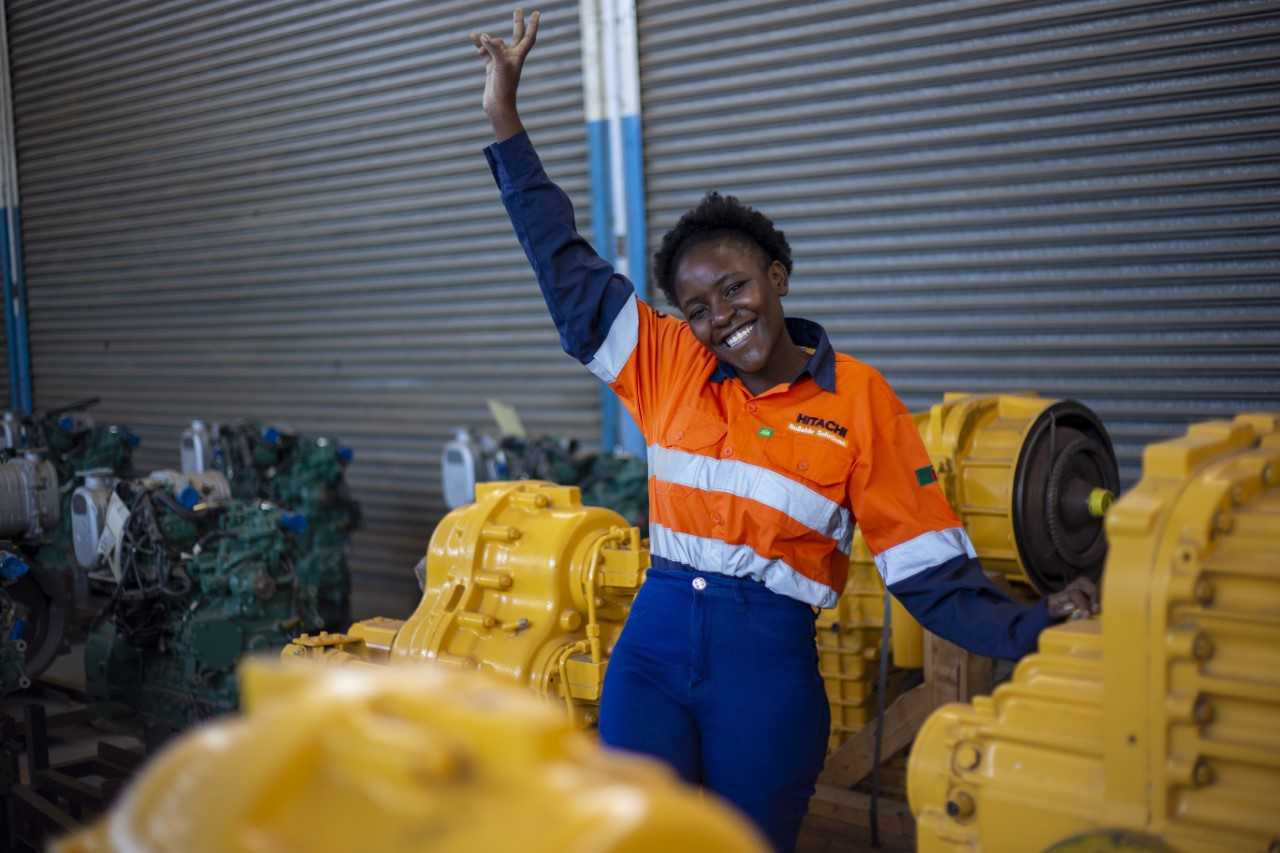Since the beginning of the COVID-19 pandemic, the world has seen numerous industries stumble as the crisis has hit many sectors' productivity and employment rates. And in this scenario, women have been the hardest hit. According to the International Labour Organization, 5% of all employed women lost their jobs, compared with 3.9% of working men. The crisis has exacerbated the existing gender inequality in the labour market, widening gaps even further across several sectors
A report from the World Economic Forum (WEF), released in March 2021, shows that at the current rate of progress it will take around 267 years to close the gender gap in economic participation and opportunity. It's a striking number that is the result of two conflicting trends. First, even though at a slow pace, the proportion of skilled women professionals is increasing. On the other hand, there is still an overall income disparity and women in leadership positions are a minority - women represent only 27% of all managerial positions, according to the same report from the WEF.
Advocating for economic equality means also advocating for a more sustainable and greener economy, and the post-COVID recovery is an opportunity to build back greener and more inclusive societies and economies. Sustainability cannot exist when inequality runs rampant. According to ILO, women have the tools and networks to create tangible sustainable solutions and influence how we produce, consume and market sustainable products.
Supporting the European Union Green Deal can be the driver for the global transition to a green economy, and this will only be possible if women are also among the protagonists of such transformation. Ensuring that women have equal access to skills development programmes for green jobs can be the pathway for a more inclusive and sustainable future. Women are globally poorly represented in crucial sectors to the greening of the economy, such as construction (9% of female participation), engineering (12%), and manufacturing (24%). The lack of targeted training and supportive policies may exacerbate already existing gender inequalities when progressing towards the green economy.
Women are important actors to achieve the Sustainable Development Goals (SDGs), and promoting women's access to high-quality green skills training programmes in high-demand sectors leads to a better future for all.
Thandiwe Banda, a beneficiary of one of UNIDO's programmes in Zambia, graduated from the course in heavy equipment repair and set the example on how women can successfully partake in male-dominated fields. "Some of my colleagues would think that because I am a female, I wouldn't deliver according to my supervisors' expectations. But, when I was told that I was the first female to ever work in the mechanical department, I became more confident and aware that if I worked very hard I would open more doors for other females," says Banda.

Engaging in the discussion on how we can make Thandiwe Banda's professional journey a reality for other females is an important step towards boosting progress in equal economic participation and potentially establishing a more encouraging timeline for such.
To participate and contribute to the cause, join UNIDO's Lab Debate at the 14th edition of the European Development Days (EDD21), which will take place virtually on 15 June 2021 at 16:20 (CEST). The session will explore the effects of private-public partnerships in engaging champions in Technical and Vocational Education and Training (TVET), who represent and advocate for stronger female participation in male-dominated sectors. Our panel of experts will explore the question: can the TVET system be the change-maker in providing industrial skills equally for a more sustainable future?
Click here to register for the event.






